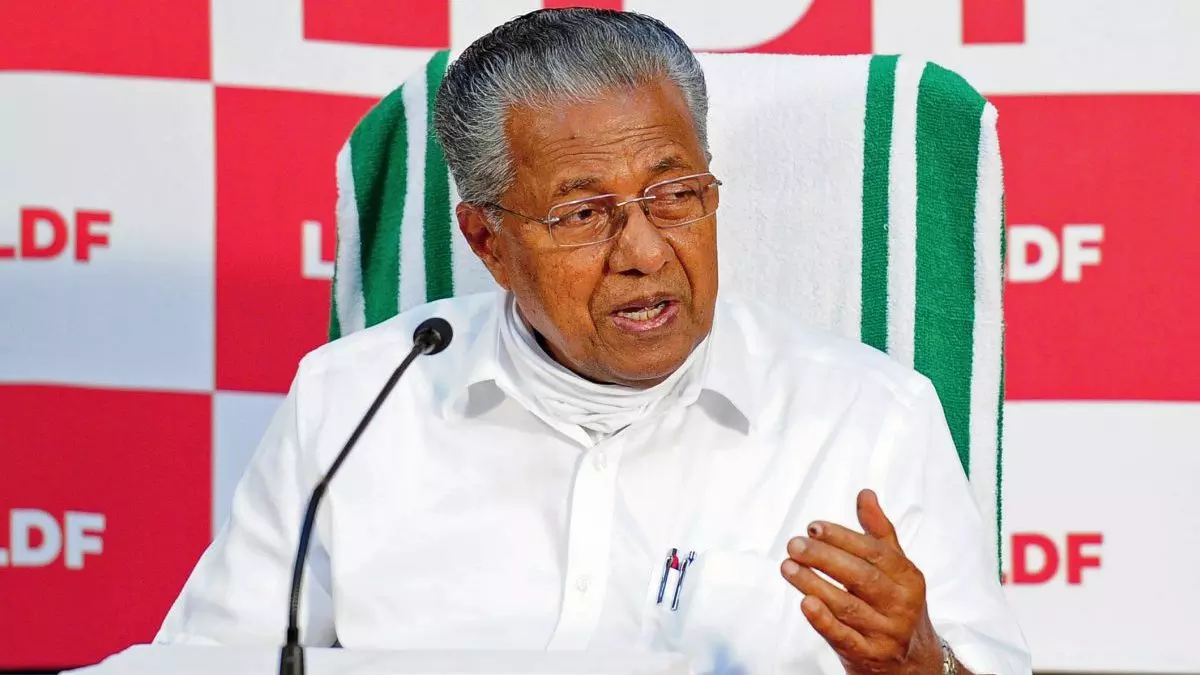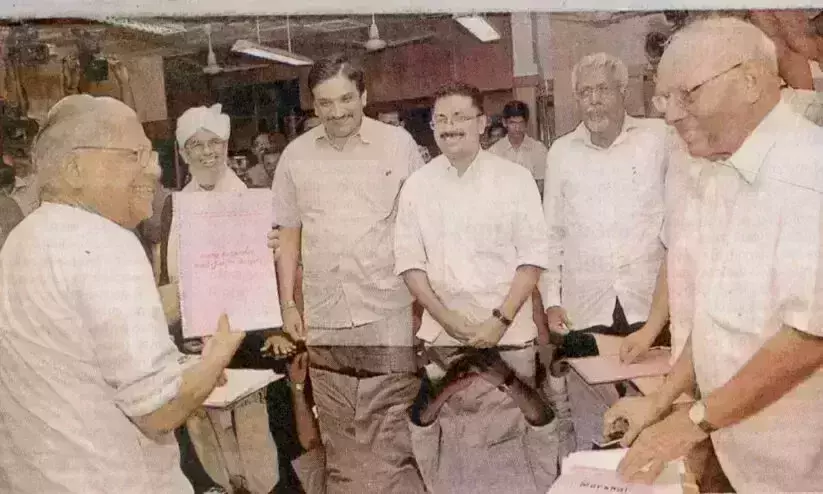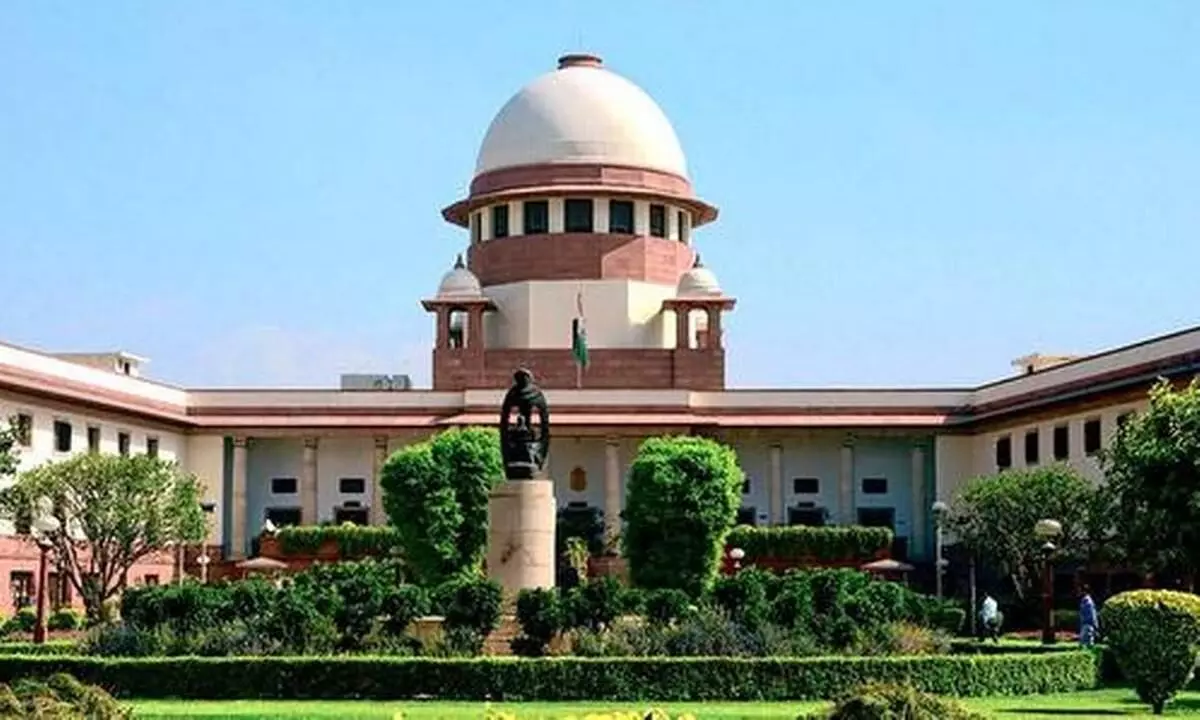
Kerala Left Government's bullying discrimination
text_fieldsIn certain times of a society's history, the state may have to provide additional benefits to a backward community, different from other communities, to overcome its backward status. The distribution of the state's resources thus is commonly referred to as 'positive discrimination'. This approach is accepted worldwide as the ideal and practical way aimed at social justice. The underlying principle of the constitutionally implemented community reservation is also the same. Any attempt by the governing structure to overthrow this system would lead to extreme discrimination. One must suspect if the Pinarayi government is turning watchdogs for such discriminatory terror. The decision of the government to overturn the minority scholarship implemented as per the recommendations of the Sachar committee under the cover of a High Court verdict and distribute it in proportion to the population must be viewed sceptically. With this decision, the state's Muslim minority community is going to lose a major benefit they have received for twelve years- one granted after a focused, detailed study undertaken by the Paloli Committee to supplement the Sachar Committee findings.
Following the Paloli Committee recommendations, the state instituted special scholarships for Muslims from 2009. Two years later, converted Latin Catholics were also included in the scholarship in an 80:20 ratio. While this went on without problems for over ten years, a new turn happened following some Christian organisations approaching the High Court over the scheme. It needs to be remembered that the case was built on the false premise and misunderstanding that the Muslim community in the state is siphoning off extra benefits by claiming minority status. The same propaganda was reflected, to an extent, in the courts as well. It is against this background that the High Court remarked that Muslims accounting for 26% of the population claiming 80% proportion on the fellowship is discriminatory. The court ordered to change the existing proportion to reflect the actual population. The left government under Pinarayi took this up almost wholeheartedly.
One must understand that the government was not very keen about such a fellowship that had been beneficial to a great extent for Muslim students. The decision to make the fellowship proportional to the population and the circumstances leading up to this decision all point to this. It is not that the government or the law departments do not know that the fellowship was meant exclusively for Muslims and not all minorities in general. Moreover, there is another committee under Justice Koshy modelled like the Paloli Committee, to study the backward state of Christian sections in the state. If all these were properly made out as arguments in court, maybe the judgement would have been different. The government also had the option of going for an appeal. Instead, the government called for an all-party meeting and attempted for a consensus. In parallel, it also constituted a committee to study the matter. In three weeks, the hastily constituted committee came up with a report in all hurry without much discussion and announced such a decision. What one has to understand from the sequence is the government's decision effectively came almost along with the court judgement.
The impact of this hurried decision would be, without question, huge. Besides Muslim students losing scholarships en masse, the overturning of such benefits and measures in itself is a threat. Going forward, the criteria for educational scholarships won't be social backwardness; it would be based on population. By this, Muslims would face a direct 21 per cent reduction in scholarships. The government is claiming that the scholarships being issued now will not be affected as extra amount has been set apart. Given that the budget allocation for minority welfare has kept s falling in each budget, this 'extra' fund too will be an eye-wash. Besides all this, it has also to be understood that this move of the government fits in with the anti-Muslim rhetoric raised by certain Christian church quarters over the years. Such quarters have been raising, together with love jihad propaganda, the bogey of Muslims snatching away undeserved benefits. In a way, the Pinarayi-led government has endorsed such fake propaganda, obviously to sustain the new political equations that have evolved in and revolving round central Kerala.

























